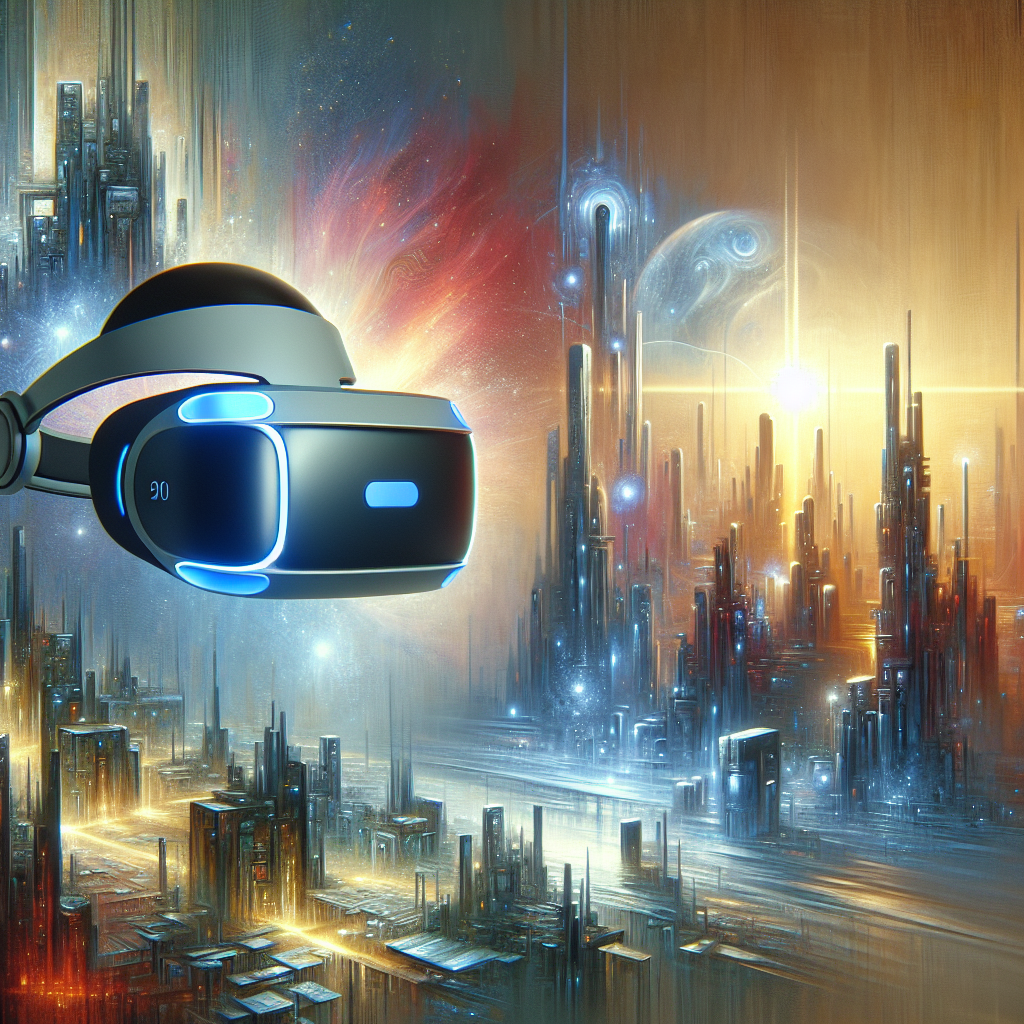Meta Connect 2025 is on the horizon, and the anticipation surrounding this event is palpable among tech enthusiasts and industry insiders alike. As Meta prepares to unveil its latest advancements in augmented and virtual reality technologies, the focus is squarely on the future of Quest headsets and Orion smart glasses. This article delves into the expected innovations and potential impacts of these technologies on the market.
The Evolution of Quest Headsets
Since their inception, Quest headsets have been at the forefront of virtual reality (VR) technology, offering immersive experiences that continue to captivate users worldwide. With Meta Connect 2025 approaching, speculation abounds regarding the next generation of these devices. The anticipated updates are expected to enhance the user experience further, potentially introducing advancements in graphics, processing power, and user interface design.
The integration of more intuitive controls and increased comfort could be on the agenda, making VR experiences even more accessible and enjoyable. Furthermore, improvements in battery life and wireless capabilities may be prioritized, addressing common user concerns and setting a new standard for VR headsets.
Orion Smart Glasses: Augmenting Reality
Orion smart glasses represent Meta’s foray into the augmented reality (AR) space, where the convergence of digital and physical worlds offers limitless possibilities. Meta Connect 2025 is expected to showcase the next iteration of these smart glasses, potentially featuring enhanced display technology and more seamless integration with daily activities.
The development of Orion smart glasses aims to make AR experiences more natural and less intrusive, focusing on minimizing device size while maximizing functionality. This could include advanced gesture control, voice activation, and context-aware notifications, all designed to enrich the user’s experience without overwhelming them with information.
The Broader Impact on the AR/VR Landscape
The advancements expected from Meta Connect 2025 are likely to influence the broader AR and VR landscape significantly. As Meta continues to push the boundaries of these technologies, competitors will be compelled to innovate and enhance their offerings, fostering a more dynamic and competitive market environment.
Moreover, the potential applications of these technologies extend beyond entertainment. Industries such as education, healthcare, and retail could benefit from the immersive and interactive capabilities of next-generation Quest headsets and Orion smart glasses, revolutionizing how we learn, heal, and shop.
Preparing for a Connected Future
The innovations anticipated at Meta Connect 2025 underscore the company’s commitment to creating a more connected and interactive future. By investing in cutting-edge AR and VR technologies, Meta aims to redefine how we interact with digital content and with each other, paving the way for a more integrated digital ecosystem.
As we look forward to the event, the excitement is not just about the new devices themselves, but about the potential they hold to transform our daily lives, offering new ways to work, play, and connect in an increasingly digital world.
FAQ
What are Quest headsets?
Quest headsets are virtual reality devices developed by Meta, designed to provide immersive VR experiences for gaming, entertainment, and productivity.
What are Orion smart glasses?
Orion smart glasses are augmented reality devices being developed by Meta, aimed at seamlessly integrating digital experiences into the physical world.
When is Meta Connect 2025?
Meta Connect 2025 is an upcoming event where Meta is expected to unveil its latest advancements in AR and VR technology. The exact date of the event is yet to be announced.
What features can we expect from the new Quest headsets?
The new Quest headsets may feature improved graphics, better processing power, enhanced controls, longer battery life, and advanced wireless capabilities.
How might Orion smart glasses change daily life?
Orion smart glasses could change daily life by providing more natural AR experiences, integrating advanced features like gesture control and voice activation, and offering context-aware notifications that enhance productivity and convenience.
What industries could benefit from these AR/VR advancements?
Industries such as education, healthcare, and retail could benefit significantly from AR/VR advancements by providing immersive learning experiences, enhanced patient care, and interactive shopping environments.


